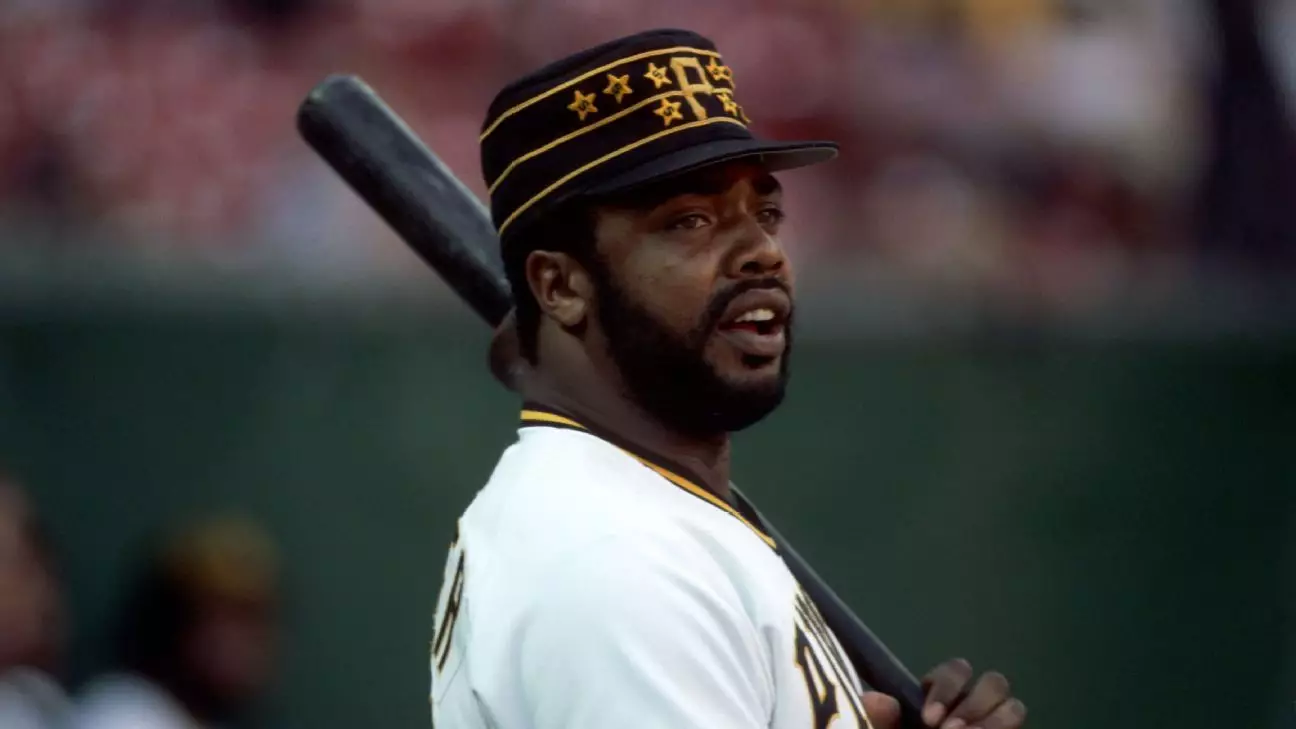The Baseball Hall of Fame continues to celebrate the achievements of significant contributors to the sport, welcoming two notable figures, Dave Parker and Dick Allen, into its ranks. Their induction not only honors their extraordinary careers but also serves as a commentary on the changing perceptions of player merit and legacy in baseball. This article delves deeper into their careers, the nuances of their paths to the Hall of Fame, and the significance of their respective narratives.
Dave Parker, famously known as “The Cobra,” left a mark in Major League Baseball with his exceptional hitting prowess and unmatched defensive skills. Spanning his career from 1973 to 1991, Parker compiled an impressive .290 batting average, smashing 339 home runs and driving in 1,493 RBIs. His achievements on the diamond were acknowledged with seven All-Star selections, but perhaps his most illustrious accolade came in 1978 when he was named the National League MVP for his stellar performance, which included a .334 batting average, 30 home runs, and 117 RBIs.
Beyond statistics, Parker was known for his powerful arm, producing memorable moments that showcased his defensive abilities. His highlight during the 1979 All-Star Game, where he eliminated two runners with his extraordinary throws, remains an indelible part of his legacy. However, Parker’s journey was not without its struggles. He faced challenges, including drug use, injuries, and weight issues, which influenced the trajectory of his career during critical years.
Despite these obstacles, Parker rejuvenated his career in 1984 with a triumphant return to the Cincinnati Reds, demonstrating his resilience. His journey from the highs of MVP awards to grappling with personal and professional challenges paints a rich tapestry that signifies the complexities of an athlete’s life. His eventual induction, secured through the Classic Baseball Era Committee, confirms that contributions to the game can transcend traditional analytics and metrics. Although modern statistics may have cast doubts on his Hall of Fame worthiness, his traditional counting stats and the transformation from a troubled athlete to a celebrated veteran encapsulate a compelling story worthy of recognition.
Dick Allen’s induction further highlights the intersection of baseball greatness with the societal issues of his time. With a distinguished career spanning from 1963 to 1977, Allen’s mouthwatering .292 batting average and 351 home runs signify his status as one of the most formidable hitters in baseball history. His MVP award in 1972 stands as a testament to his impact, wherein he led the league in key offensive categories.
Allen’s path, however, was riddled with adversity. He faced harsh racial discrimination that marked his career, especially during his time in the minor leagues and in Philadelphia, where he played amidst a polarized social climate. This continuous struggle shaped not only his identity as a player but also his legacy beyond statistics. His career, marred by frequent trades—five in total—reflects how societal attitudes can complicate the narrative of a player’s contribution to the game.
Statistical analyses in recent years have underscored the value of his contributions, particularly adjusting for the era’s offensive environment. With an adjusted OPS+ of 156, Allen’s performance is cited alongside baseball legends, elevating his status in discussions surrounding Hall of Fame candidacy. Despite falling short in mainstream voting—peaking at 18.9% on the BBWAA ballot—his eventual selection by the Classic Baseball Era Committee suggests a growing recognition of his importance in baseball history.
The composition of the Classic Baseball Era Committee underscores a philosophical shift in recognizing talent. Unlike the traditional voting by the Baseball Writers’ Association, which often rewards contemporary achievements based on statistics, this committee takes a more holistic approach, weighing historical impact, contributions to the game, and the broader context of an athlete’s career.
Parker and Allen’s acceptance into the Hall of Fame reflects a broader movement towards inclusivity and recognition of players from different eras. In addition to the newly inducted duo, the committee considered a range of candidates, including pioneers from the Negro Leagues and influential figures whose contributions have long been overshadowed.
As both Parker and Allen prepare for their induction on July 27, their stories reveal the complexities of greatness in sports, especially within the challenging landscape of societal expectations and historical contexts. Their journeys not only celebrate individual accomplishments but also shed light on the intricacies of recognition and legacy in the dynamic world of baseball.
The induction of Dave Parker and Dick Allen resonates deeply within the baseball community. It serves as an essential reminder that the legacies of athletes are as much about their statistics as they are about their humanity—their struggles, their triumphs, and their enduring impact on the sport.

